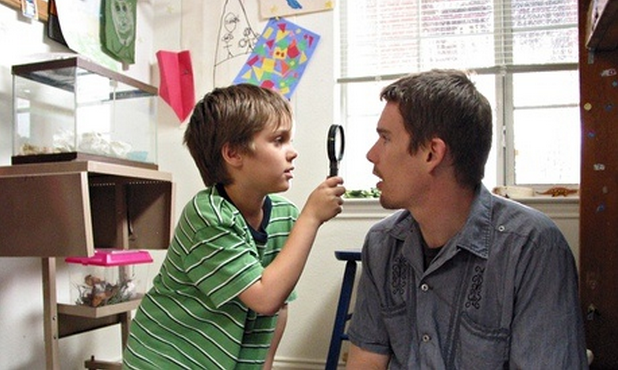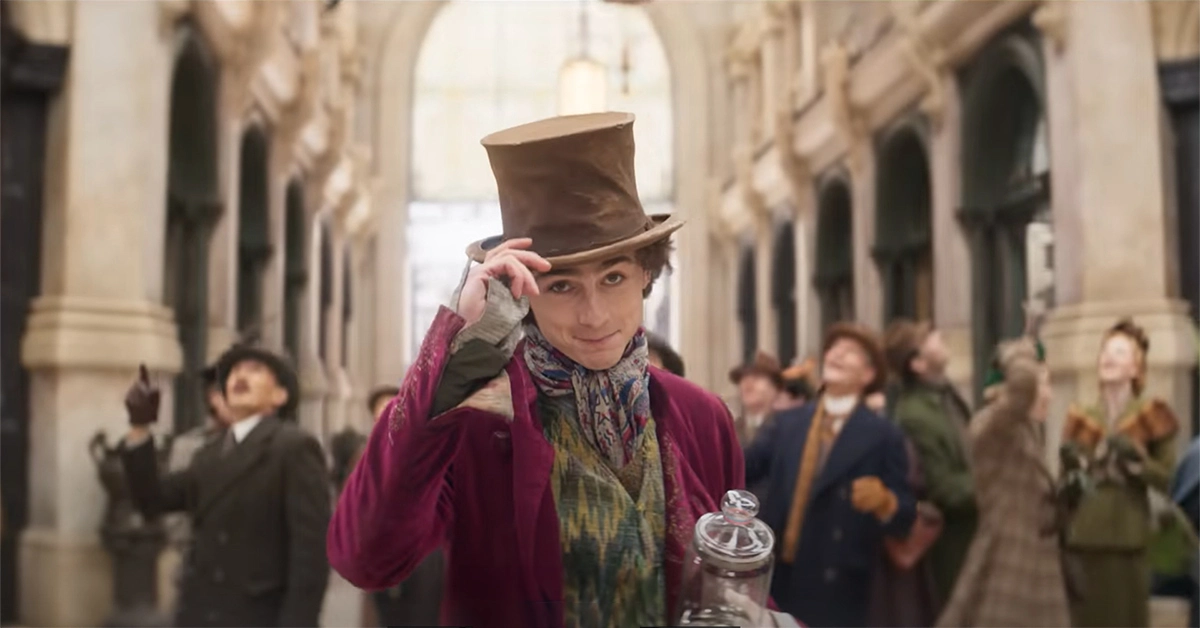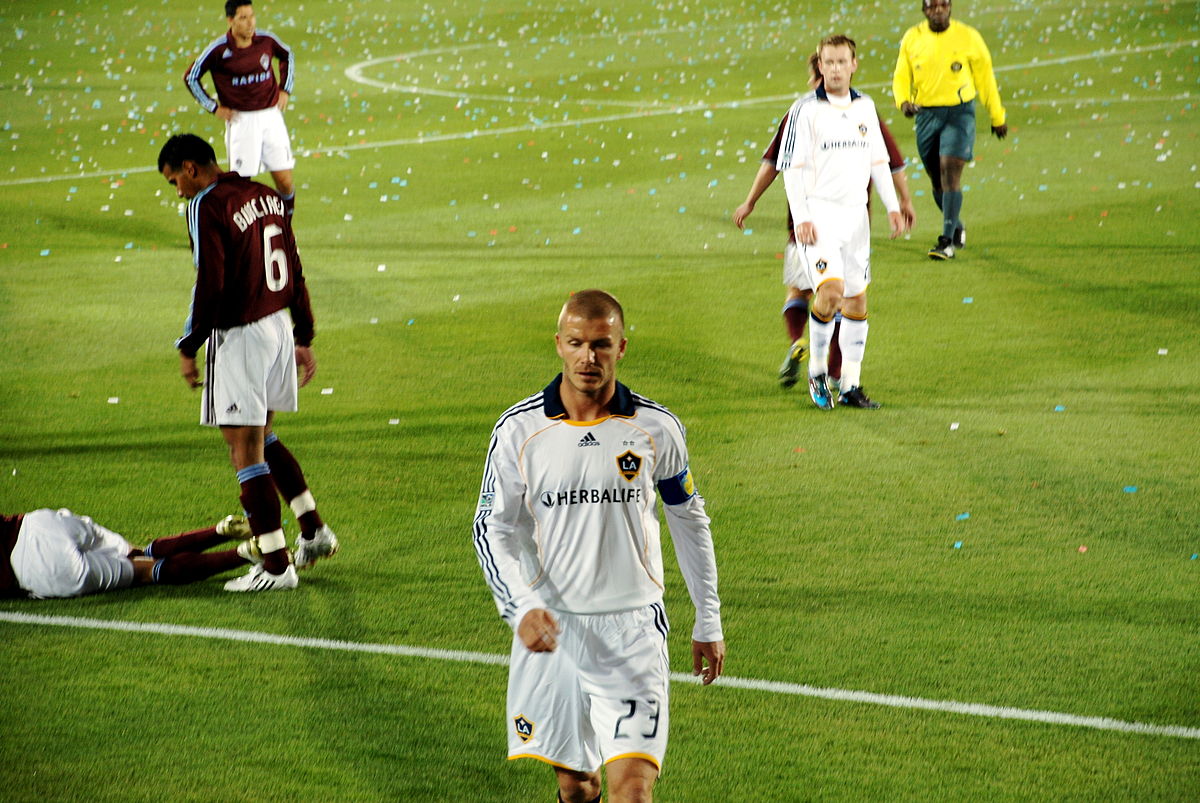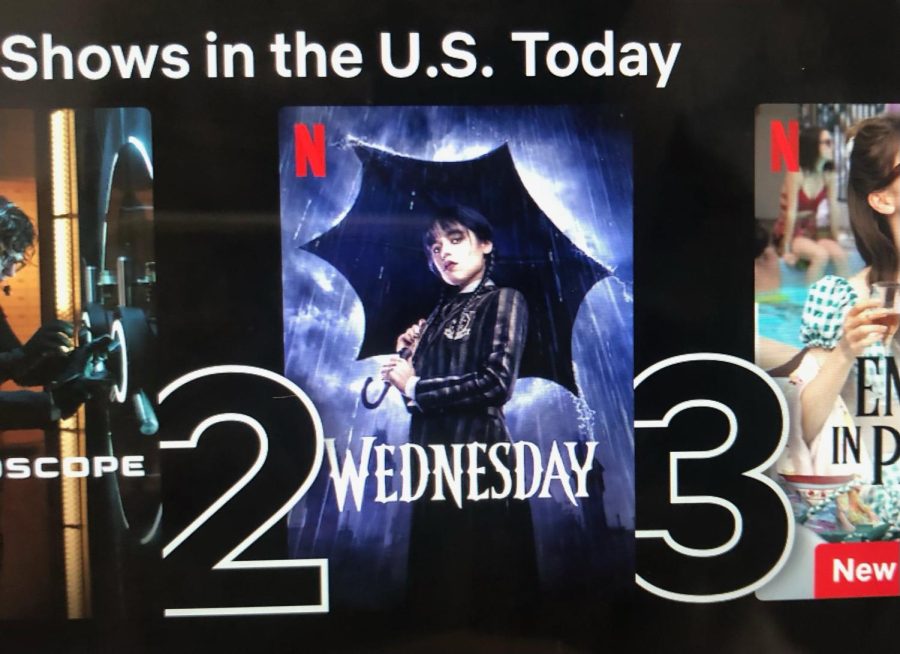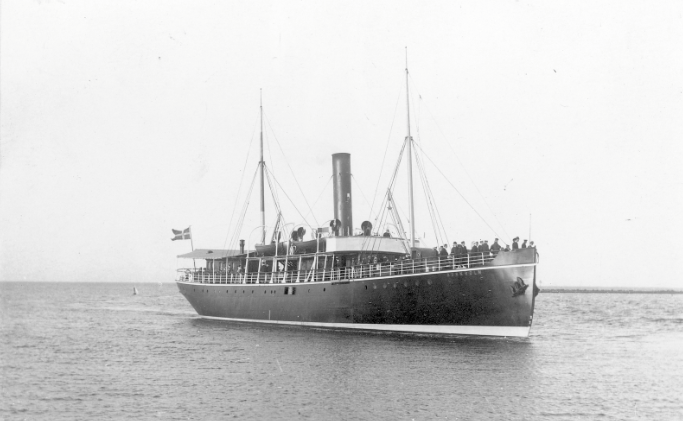A lot of terms referring to the magnificence of Boyhood have been thrown out following its release. “Instant classic,” “unlike anything that’s ever been done before,” and “one of the greatest films ever made,” are just a few examples. These phrases are not mere hyperbole; Boyhood is simply the best movie of 2014.
Many are familiar with the concept of the film. Shot over the course of 12 years, director Richard Linklater decided he wanted to demonstrate the growth and evolution of a young boy, Mason, growing up in America. He chose his muse, the brilliant Ellar Coltrane, and stocked his cast with veteran actors like frequent collaborator, Ethan Hawke, the radiant Patricia Arquette, and his own daughter, Lorelei. Linklater then embarked on a twelve year journey that followed Coltrane’s childhood touching on all the quintessential moments — Mason’s first kiss, home relocations, and eventually college decisions. But the genius in Boyhood relies in its depiction of its little moments. This is a film about humanity and it finds its footing in its beautiful collection of engaging yet ordinary scenes.
Boyhood may encounter some interesting points along its path, like Mason’s string of abusive father figures or his relationship problems, but the plot is essentially irrelevant. The titular boy’s life is pretty much average, but through the ingenious filming style employed by Linklater where he only shot about six weeks each year and then revisited the project, making edits in the script along the way, Boyhood exposes the raw emotions and tribulations that have rarely been unlocked by any mainstream movie in the history of film. Never before has humanity been such a central theme and its creation and realization so precise. Because you watch Mason grow up in front of your eyes the viewing experience is extraordinarily powerful.
Mason (Ellar Coltrane): “It’s constant – -the moment. It’s just… It’s like it’s always right now, you know?”
Patricia Arquette bolsters this film with her loving portrayal of a flawed mother. She finds the compassion within her character from the first second of the film, and maintains it throughout three hours. I can’t imagine the difficulties, as an actor, of revisiting a character every year and creating the simulation of growth and maturation but Arquette, with help from an excellent Hawke, does it with grace and kind eyes.
How Linklater chose Ellar Coltrane when he was six years old and made him the center of his film baffles me. How could he know what warmth and compassion would sprout from this young actor as his project reached its cultivation? How do you gamble the success of such a long-term movie on the unknown abilities of a child years down the line. Either Linklater is a virtuoso whose vision exceeds our grasp or just somehow struck the jackpot in the skills of his nominal boy. I think it must be a little bit of both.
With editing that makes transitions between years seamless, and a soundtrack that nicely backdrops the time change, Boyhood succeeds in every category. This opera of a film is really just about ordinary characters who mirror mankind through their loves, losses and emotions. Like Da Vinci once said, “Simplicity is the ultimate sophistication.” Well by that classification, Boyhood is altogether revolutionary.


